Tokyo, May 29 (V7N) — Chief Advisor to the interim government, Professor Dr. Muhammad Yunus, has reiterated his commitment to holding Bangladesh’s general elections between December and June, emphasizing that polls will be conducted by June 2026 at the latest to ensure the continuity of democratic reforms.
He made this declaration during a courtesy meeting with former Japanese Prime Minister and President of the Japan-Bangladesh Parliamentary Friendship League (JBPFL), Taro Aso, at the Imperial Hotel in Tokyo on Wednesday (May 28). Dr. Yunus arrived in Tokyo earlier in the day for a four-day official visit, during which he will also participate in the Nikkei Forum and hold high-level meetings with Japanese officials.
“A Pledge to the People of Bangladesh”
“In any case, elections will be held by June next year,” Dr. Yunus said, stressing that this electoral process will solidify the interim government’s reform agenda, which centers on three priorities: institutional reform, prosecuting political violence, and restoring electoral democracy.
Taro Aso Lauds Progress
Taro Aso, a long-standing friend of Bangladesh and an influential figure in Japanese foreign policy, commended Yunus for steering the country toward political stability. He emphasized the importance of holding timely elections for a smooth democratic transition, saying Japan continues to support Bangladesh on its path to democracy and sustainable development.
Dr. Yunus responded by thanking Japan for its unwavering assistance, saying, “In a sense, this is a gratitude visit. Japan has supported our reform journey over the last ten months.” He invited Mr. Aso to visit Bangladesh to observe the ongoing changes firsthand.
Economic and Diplomatic Engagements
During the meeting, Japanese lawmakers accompanying Mr. Aso discussed the ongoing negotiations on the Economic Partnership Agreement (EPA). Dr. Yunus confirmed that Bangladesh expects to finalize the EPA by August and sign the agreement by September. If concluded, Japan will become the first country to sign such an agreement with Bangladesh, potentially unlocking significant Japanese investment in infrastructure, industry, and clean energy.
Dr. Yunus also outlined his government's progress in rebuilding the banking sector, restoring foreign exchange reserves, and managing national debt, noting these reforms were critical to achieving long-term stability.
Appeal for Support on Rohingya Crisis
Addressing the humanitarian crisis in Cox’s Bazar, Dr. Yunus briefed the Japanese delegation on the Rohingya refugee situation and sought Japan’s continued diplomatic support in facilitating safe and voluntary repatriation.
“This is not like other refugee crises. These people are not looking to resettle elsewhere. They want to go home,” he said.
END/MSS/AJ



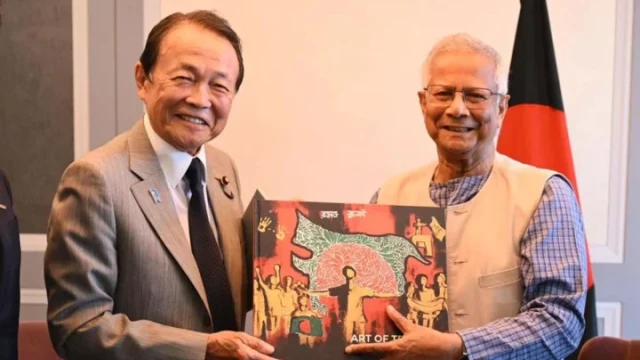
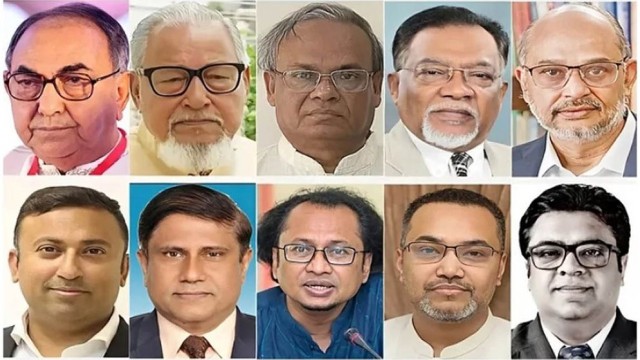

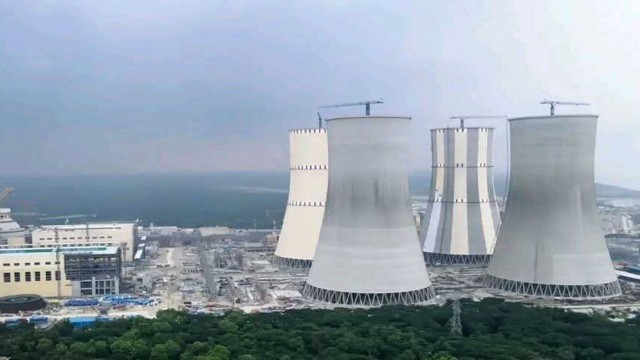
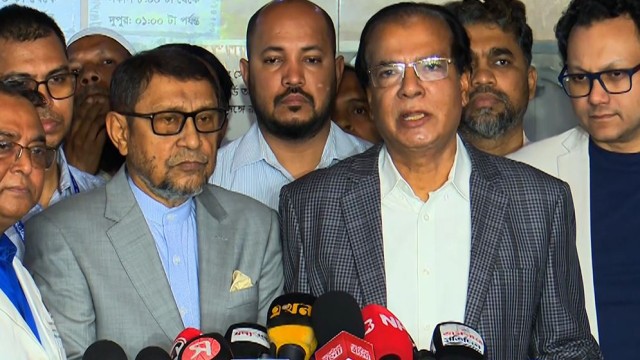
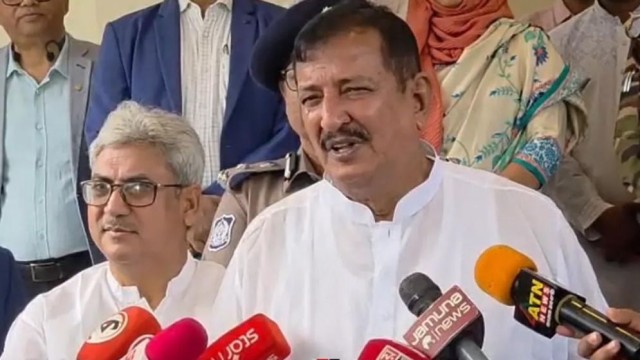
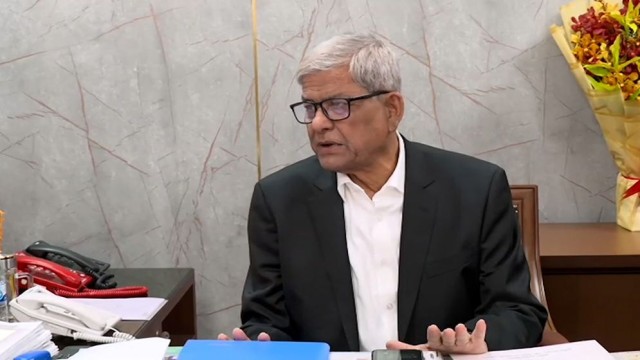





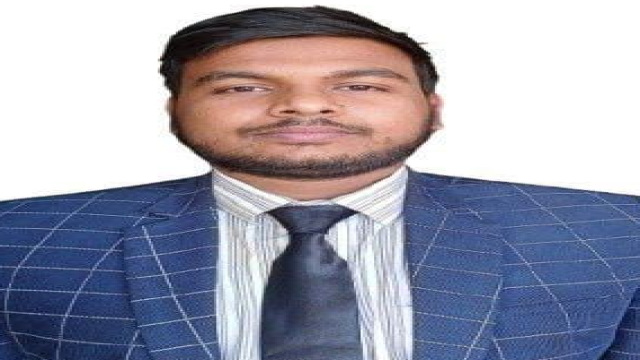
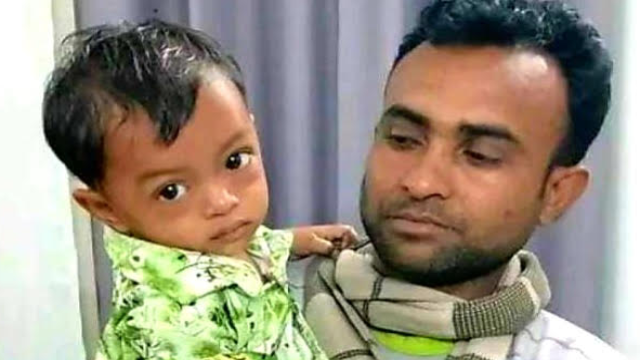
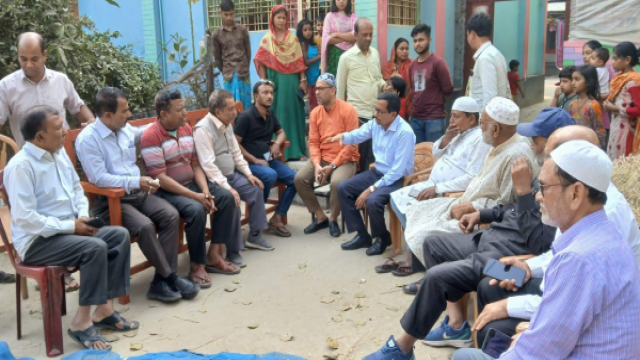
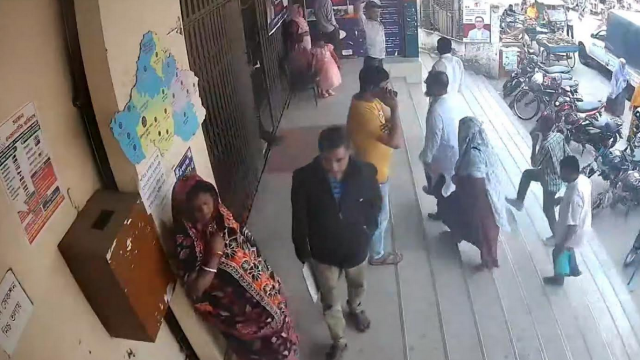












Comment: